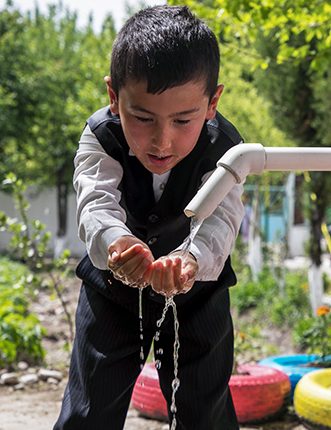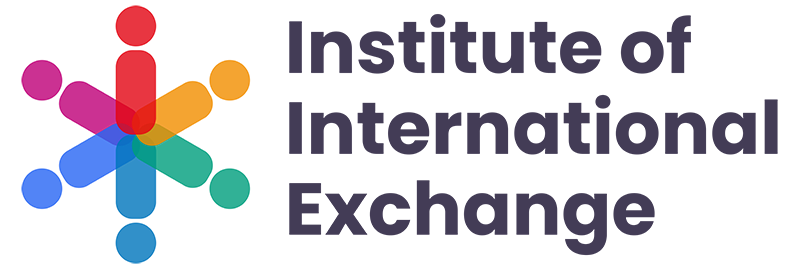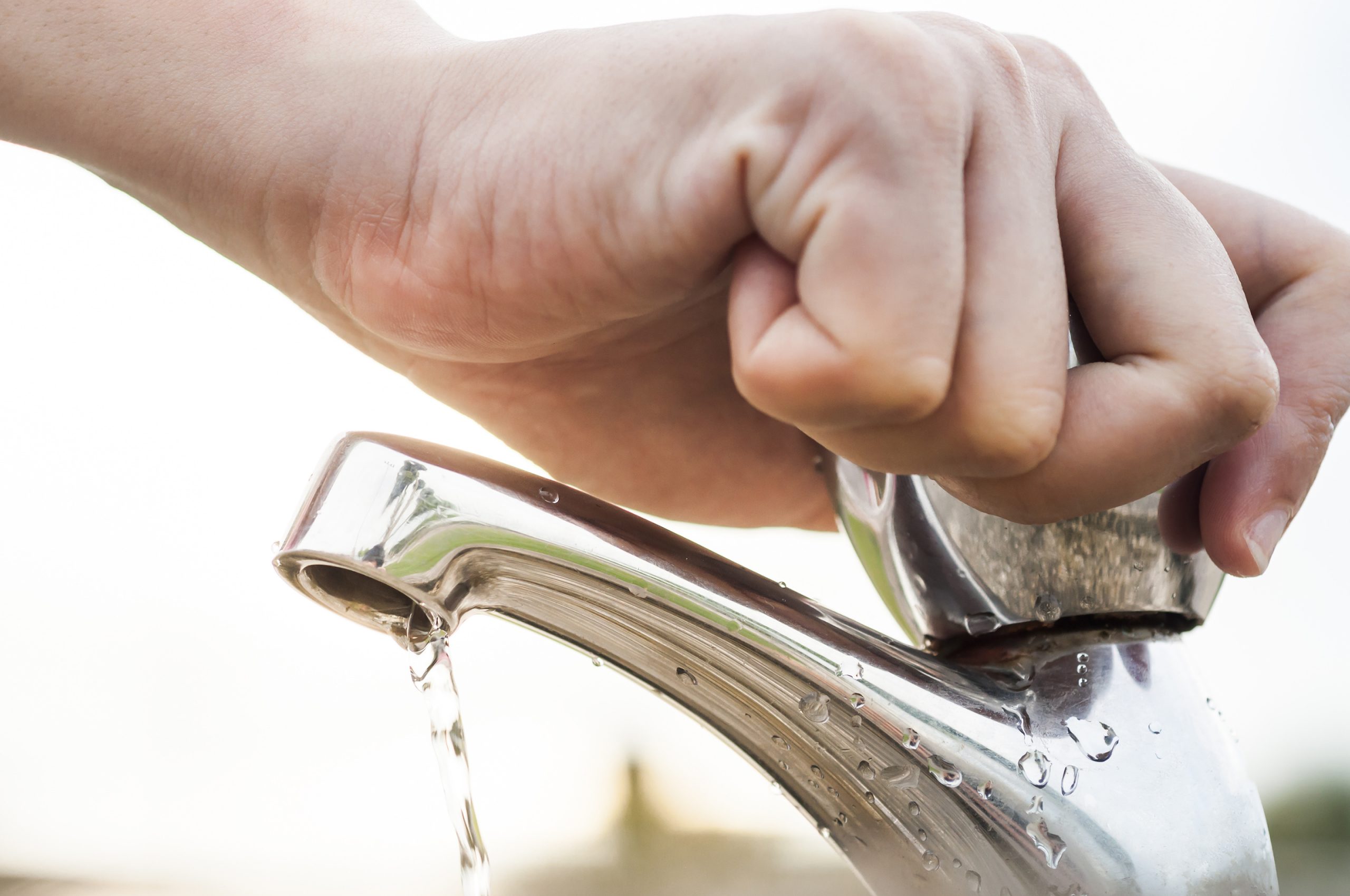Water scarcity affects more than 40 percent of people, an alarming figure that is projected to rise as temperatures do. Although 2.1 billion people have improved water sanitation since 1990, dwindling drinking water supplies are affecting every continent.
More and more countries are experiencing water stress, and increasing drought and desertification is already worsening these trends. By 2050, it is projected that at least one in four people will suffer recurring water shortages.
Safe and affordable drinking water for all by 2030 requires we invest in adequate infrastructure, provide sanitation facilities, and encourage hygiene. Protecting and restoring water-related ecosystems is essential.
Ensuring universal safe and affordable drinking water involves reaching over 800 million people who lack basic services and improving accessibility and safety of services for over two billion.
In 2015, 4.5 billion people lacked safely managed sanitation services (with adequately disposed or treated excreta) and 2.3 billion lacked even basic sanitation.




